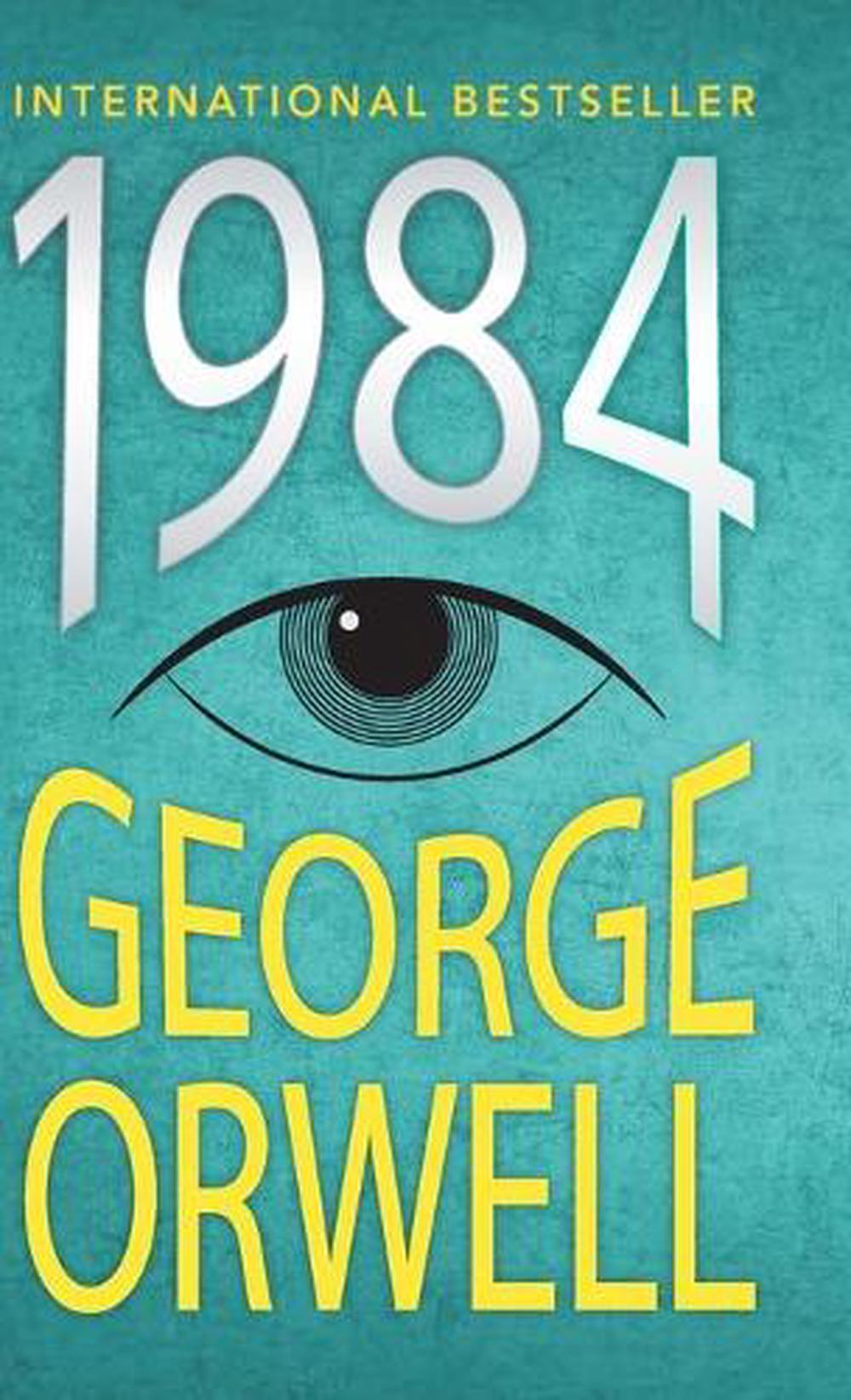

Orwell lived during a time in which tyranny was a reality in Spain, Germany, the Soviet Union, and other countries, where government kept an iron fist (or curtain) around its citizens, where there was little, if any freedom, and where hunger, forced labor, and mass execution were common. He wanted to be certain that the kind of future presented in the novel should never come to pass, even though the practices that contribute to the development of such a state were abundantly present in Orwell's time. Orwell wrote 1984 just after World War II ended, wanting it to serve as a warning to his readers.

By using a dystopian setting for 1984, Orwell suggests the possibility of a utopia, and then makes very clear, with each horror that takes place, the price humankind pays for "perfect" societies. These novels are often political statements, as was Orwell's other dystopian novel, Animal Farm, published in 1945. The dystopian tradition in literature is a relatively modern one and is usually a criticism of the time in which the author lives. Orwell's dystopia is a place where humans have no control over their own lives, where nearly every positive feeling is squelched, and where people live in misery, fear, and repression. In his attempt to educate the reader about the consequences of certain political philosophies and the defects of human nature, Orwell manipulates and usurps the utopian tradition and creates a dystopia, a fictional setting in which life is extremely bad from deprivation, oppression, or terror. In 1984, Orwell creates a technologically advanced world in which fear is used as a tool for manipulating and controlling individuals who do not conform to the prevailing political orthodoxy. The word is now used to describe any place considered to be perfect. In fact, the word utopia is taken from Sir Thomas More's Utopia, written in 1516. Utopia, or Nowhere Land, is an ideal place or society in which human beings realize a perfect existence, a place without suffering or human malady. Among the literary traditions that Orwell uses is the concept of utopia, which he distorts effectively for his own purposes.

George Orwell's 1984, like many works of literature, unmistakably carries with it literary traditions reaching back to the earliest of storytellers.


 0 kommentar(er)
0 kommentar(er)
